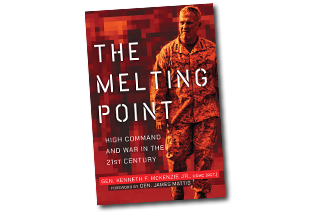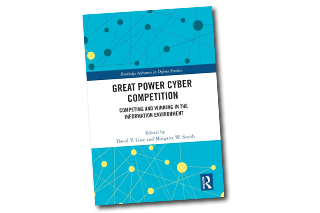As 2024 comes to a close, it's time to reflect on the past year for GNSI and the University of South Florida. GNSI continues to be a vital part of the university, and we celebrate the many successes of the university this year, including:
- Achieving a record-breaking $738 million in research funding
- Breaking ground on the new on-campus football stadium
- Setting a new fundraising record with $168 million
- Ranking in the Top 50 of all public universities in the United States
The Global and National Security Institute continued to climb alongside USF in 2024. We continue to seek answers to the most daunting 21st-century security challenges and to forge actionable solutions for decision-makers at the local, state, national, and international levels, operating at the boundary of policy and technology.
Over the past year, we hosted five major conferences, covering topics such as Artificial Intelligence in the Era of Strategic Competition, Envisioning Peace in the Middle East and Rethinking Afghanistan. We took ownership of the Journal of Strategic Security, a Top 20 Military Studies Journal, as well as published 12 Decision Briefs and other research articles. We stood up the Future Strategist Program, the first-of-its-kind student organization focused on the next generation of national security practitioners, cracked over 100,000 views on one of our YouTube videos and continued to raise the profile of GNSI and USF across the spectrum of national security realms.
Let's take a closer look at the year that was 2024 for GNSI.
Birth of the Future Strategist Program
Educating the next generation of national security practitioners became a frequent topic of discussion in 2024. We already knew the University of South Florida is a fantastic learning environment with an abundance of resources. USF is a preeminent research university with 50,000+ students and just set a new record of $738 million in research funding for fiscal year 2024. The university is a member of the Association of American Universities, the most prestigious educational organization in the country. USF has a world-class faculty and staff renowned for its research and scholarship.
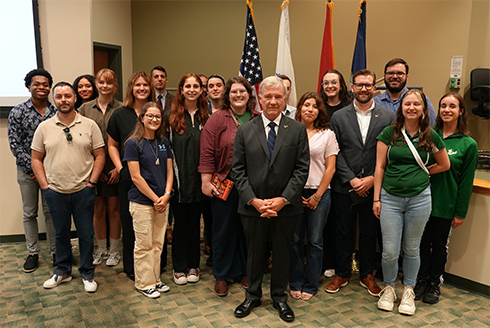
To maximize the effect of those resources, GNSI created the Future Strategist Program with the goal of collaborating with faculty, staff and other organizations within the university ecosphere to enhance and create opportunities outside the classroom for students interested in forging careers in national security. The FSP is a first-of-its-kind program that will develop and mentor the successors of today's local, state, national and international leaders and decison makers.
As we head into the new year, 36 students have joined the FSP and there's no limit
to what this new student organization can accomplish. Learn more about the Future Strategist Program.
Publication Highlights of 2024
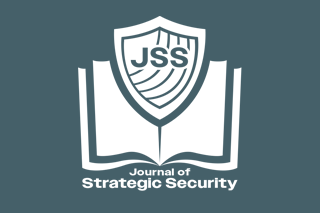
We completed the acquisition of The Journal of Strategic Security, in 2024. This double-blind, peer-reviewed academic journal was founded in 2008. We
published four issues in partnership with USF Libraries this year. JSS is the #1 downloaded journal among the Library's collection of 63 active and archived publications, with over
1.7 million downloads, spanning 10,600 institutions and 263 countries. It's currently ranked 18th among all Military Studies journals by Google Scholar.
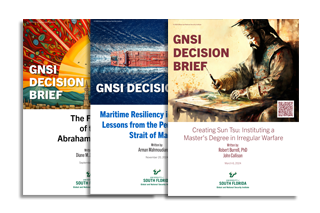
Our monthly GNSI Decision Brief once again tackled 2024's greatest challenges and national security issues, including
maritime resliency, future education of irregular warfare practitioners, the sustainability
of the Abraham Accords, transnational repression, aging transportation infrastructures
and so much more. Offering a concise, understandable assessment of the issue - a signifcant
advantage for decision makers and leaders. Read all the 2024 briefs.

Our published research articles closely examine an existing issue or topic that focuses
on currently global and national security issues. These articles provide a vehicle
to further deeper exploration of a security policy and its on-the-ground-implications.
Read all the 2024 research articles.
Events: GNSI Tampa Summits 3 & 4

In March, GNSI hosted the first of its two Signature Events for 2024, GNSI Tampa Summit
3: Artificial Intelligence in the Era of Strategic Competition. This three day conference brought together some of the world's leading voices on
AI, including Dr. Kathleen Hicks, U.S. Deputy Secretary of Defense, Dr. Craig Martell,
the very first Chief Digital and Artificial Intelligence Officer for the U.S. Department
of Defense and Ylli Bajraktari, the President/CEO of the Special Competitive Studies
Project (SCSP). Read the conference report.

In September, GNSI hosted the second Signature Event, GNSI Tampa Summit 4: Untying the Gordian Knot: Envisioning Peace in the Middle East. The two day conference was cut down to just its first day because of Hurricane Helene.
Events: GNSI Policy Dialogues

In April, GNSI hosted the first of three Policy Dialogues events in 2024. The Iran Enigma: Navigating Strategy and Security examined the complexities of Iran's regional policies, dissected the evolution of
women's rights within the country and forecast what the future may hold for the most
dangerous country in the region. Read the conference report.
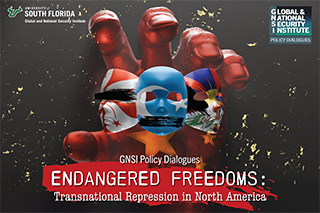
In May, GNSI turned its attention to the threat of transnational repression, specifically
as it relates to the violent and intimidating tactics of the Chinese Communist Party
within the United States. Endangered Freedoms: Transnational Repression in North America spotlighted the horrific acts against Uyghur, Tibetan and Hong Kong communities.
See the list of speakers.
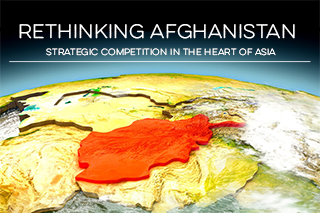
Wrapping up the year's conferences, GNSI hosted Rethinking Afghanistan: Strategic Competition in the Heart of Asia, in November. The conference featured an array of world-class speakers with experience
in Afghanistan, including former U.S. Ambassador Zalmay Khalilizad and GNSI Executive
Director (and former commander of U.S. Central Command), retired Marine Corps general
Frank McKenzie. See the full list of speakers.
In the Digital Realm

We tackled an amazing number of topics in 2024: the TikTok ban, the weaponization
of hunger around the world, the aftermath of the October 7 attack on Israel, a tumultuous
geopolitical year in the United States, irregular warfare, counter terrorism and many
more. We talked deeply about AI, including several conversations with the first-ever
Chief Digital and Artificial Intelligence Officer at the DOD, Dr. Craig Martel. We
explored the world, including Iran, Israel, Syria, South Korea, Russia, Ukraine and many more.
ATB cracked into the top 50% of all podcasts in 2024. Here are our five most popular
episodes:
- From Data to Action: Counterterrorism Intelligence Collection and Exploitation, Episode 51 (listen)
- Countering Weapons of Mass Destruction, Episode 32 (listen)
- Addressing Extremism and Reintegration of Former Combatants in the Middle East, Episode 41 (listen)
- Aftermath of October 7: Israel's Survival Mindset, Episode 36 (listen)
- Voter Stress Over AI Influence in the 2024 U.S. Election, Episode 43 (listen)
New episodes drop every Monday. Listen and subscribe on your favorite podcast player.

Retired Marine Corps general and GNSI Executive Director, Frank McKenzie, pulls back
the curtain on global and national security events and issues. As the former commander
of U.S. Central Command, McKenzie has had a direct role to play in one of the world's
most volatile regions and has been in the room when some of the biggest decisions
in history have been made. He's addressed hot topics like the Russian invasion of
Ukraine, the ongoing wars in the Middle East and nuclear weapons on the battlefield.
His YouTube podcast has proven immensely popular, with Episode 10 cracking over 108,000
views on YouTube. Here are the five most popular episodes:
- Inside the Life of a Four-Star General, Episode 10 (watch)
- Iran is the Weakest it's Been in Years, Episode 16 (watch)
- Where Iran Strikes Next?, Episode 12 (watch)
- Frank McKenzie Talks About "The Melting Point," Episode 10 (watch)
- Grow Where You're Planted: A Marine Corps Officer's Career, Episode 13 (watch)
Subscribe to our YouTube channel to see all of the episodes.
Additions to the GNSI Team in 2024
Our team is more dynamic and talented than ever. Click on their names below to view their full profiles.
 Robert Burrell, PhD Senior Research Fellow |
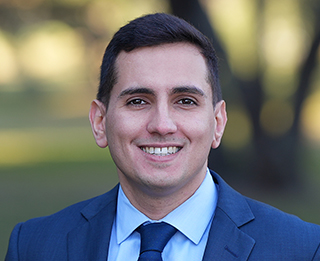 Arman Mahmoudian, PhD Research Fellow |
 Adaixa Acosta Medina Office Manager |
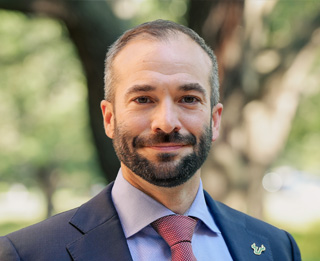 Jeff Rogg, PhD Senior Research Fellow |
 Guido Rossi, PhD Research Fellow |
We added a pivotal new member to the GNSI Board of Advisors late in 2024, as Steve Pann agreed to play a role in the future of GNSI. We now have a full complement of nine strategic leaders spanning multiple industries and sectors, helping chart a path forward for GNSI. See the entire BOA here.
 Steve Pann Managing Partner, Razor's Edge Ventures |

Our GNSI Fellows Team also grew by leaps and bounds in 2024, as we added over 30 of the world's leading experts to our team. You can see our full
Fellows rosters here:
Senior Faculty Fellows
Senior Non-Resident Distinguished Fellows
Senior Non-Resident Senior Fellows
Book Releases in 2024
Througout the year, global publishers turned to authors connected to GNSI to write
books running the gamut of global and national security topics: cybersecurity, irregular
warfare, Cold War geopolitics, leadership and the Middle East. This year's list of
authors includes GNSI Executive Director, retired Marine Corps general, Frank McKenzie,
as well as a number of GNSI Fellows. If you haven't read these books already, you
have your first assignments for the New Year!
GNSI Executive Director, retired Marine Corps General, Frank McKenzie, published his
first book in June. The Melting Point: High Command and War in the 21st Century was primarily the story of his time as commander of U.S. Central Command, one of
11 combatant commands in the U.S. military. The book was incredibly well-received,
including a spot on the Best Books of 2024 published by The Spectator World, the world's oldest magazine, as well as inclusion in the year's best book books
on the War on the Rocks' Holiday Reading List.
Global powers and near-powers have been engaging in the Great Power Competition for
decades. This book, written by GNSI Non-Resident Senior Fellow, Dave Gioe, PhD, focuses on a relatively new part of that compeition - cyber. Great Power Cyber Competition: Competing and Winning in the Information Environment, focuses on a key dimension of contemporary great power competition that is often less
understood due to its intangible character: the competition taking place in the cyber
domain, including information and cyber operations.
Examining irregular warfare in the context of strategic competition, Winning Without Fighting: Irregular Warfare and Strategic Competition in the 21st Century, is a collaboration featuring GNSI Non-Resident Senior Fellow Ken Gleiman, PhD. Along with fellow authors, Rebecca Patterson, Susan Bryant and Mark Troutman, Gleiman provides in-depth analysis of the evolving landscape of irregular warfare and its implications in an era of global crises and competition, as described in the 2022 National Security Strategy.
Another book from a GNSI Non-Resident Senior Fellow, Masters of Corruption: How the Federal Bureaucracy Sabotaged the Trump Presidency, revealed in exact detail how career federal employees thwarted President Trump’s
first administration. The author, Mark Moyar, PhD, discovered evidence of corruption involving five career bureaucrats and reported
it to agency officials in 2018. Senior bureaucrats orchestrated a sophisticated retaliatory
plot, which included fraudulent accusations by a Special Operations general accusing
Moyar of divulging classified information
From GNSI Non-Resident Senior Fellow Frank Sobchak, PhD, this book analyzes one of the most difficult security challenges of the post-Cold War era: stabilizing failing states in an era of irregular warfare. In Training for Victory: U.S. Special Forces Advisory Operations from El Salvador to Afghanistan, Sobchak explores security force assistance across five case studies, examining what factors were most critical for U.S. Special Forces units to build capable partners like the ISOF and the commandos. Sobchak's book also grabbed attention on the War on the Rocks end-of-year Holiday Reading List.
Fifty of the nation’s leading experts in national security, military intelligence
and global politics were asked two straightforward questions: Is the United States
in a New Cold War? If so, what must be done to prevail? Two members of the GNSI team
contributed to IMAGINE: Winning the New Cold War, including Andrew Borene, PhD and David Gioe, PhD.
NOTABLE SPEAKERS IN 2024

Ylli Bajraktari
President / CEO
Special Competitive Studies Project (SCSP)

Lieutenant General (Ret) John Bansemer
CyberAI Project and Senior Fellow, Center for Security and Emerging Technology (CSET)

Vice Admiral Brad Cooper
Deputy Commander, U.S. Central Command (USCENTCOM)

General Bryan Fenton
Commander, U.S. Special Operations Command (USSOCOM)

Kathleen Hicks, PhD
U.S. Deputy Secretary of Defense

Jags Kandasamy
CEO, Latent AI

Congresswoman Laurel Lee, Florida 15th District

Craig Martell, PhD
Chief Digital and Artificial Intelligence Officer, United States Department of Defense

Schuyler Moore
Chief Technical Officer, U.S. Central Command (USCENTCOM)

Lieutenant General (Ret) John Shanahan
Adjunct Senior Fellow, Center for New American Security (CNAS)

Major General Sean Salene
Director for Strategy, Plans and Policy (J5), U.S. Central Command

The Honorable Kelley Currie
Former Ambassador-at-Large for Global Women’s Issues, U.S. State Department

Senator Marco Rubio
Florida

Ambassador (Ret) Gerald Feierstein
Director, Arabian Penninsula Affairs Program, Middle East Institute

Ambassador (Ret) Greta Holtz
President/CEO, Amideast and Non-Resident Distinguished Fellow, Global and National
Security Institute
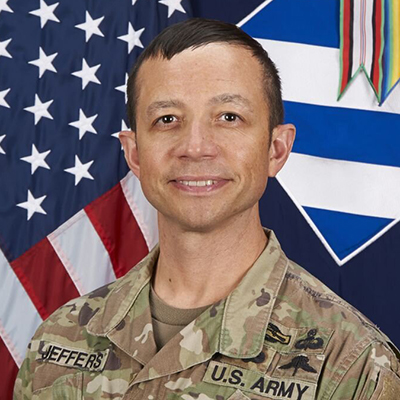
Major General Jasper Jeffers
Commander, U.S. Special Operations Command Central (SOCCENT)
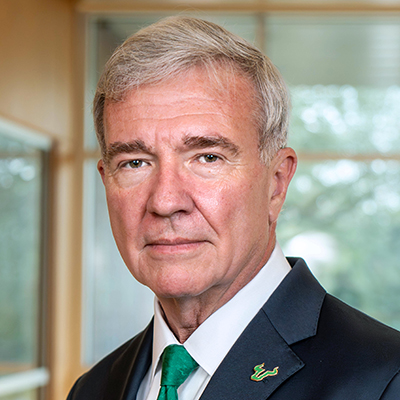
General (Ret) Frank McKenzie
Executive Director, Global and National Security Institute and former commander, United
States Central Command (USCENTCOM)
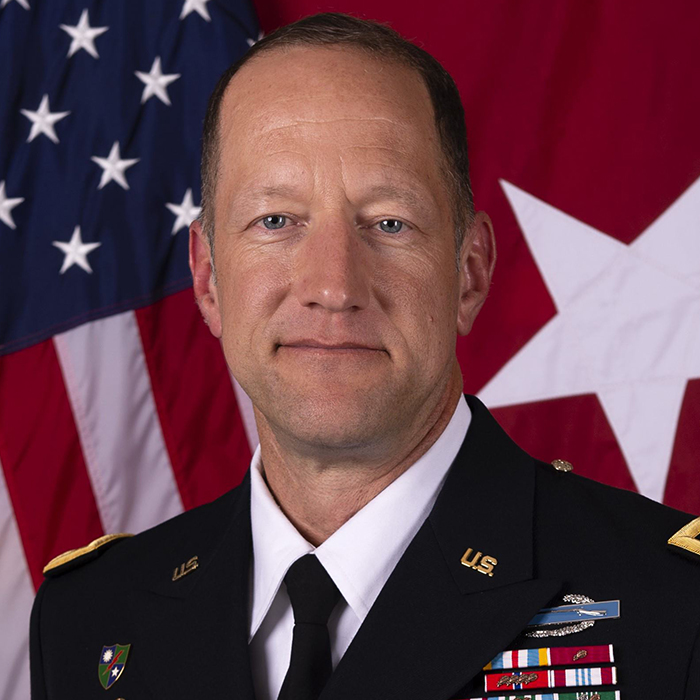
Major General Brandon Tegtmeier
Chief of Staff, United States Central Command (USCENTCOM)

Douglas Wise
former Deputy Director, Defense Intelligence Agency (DIA), GNSI Non-Resident Distinguished
Fellow

Lieutenant General (Ret) Robert Ashley
former Director, Defense Intelligence Agency (DIA), Commissioner at Afghanistan War
Commission, and Principal, Pallas Advisors

Shamila Chaudhary
Co-Chair, Afghanistan War Commission and former White House Director for Pakistan
and Afghanistan on the National Security Council
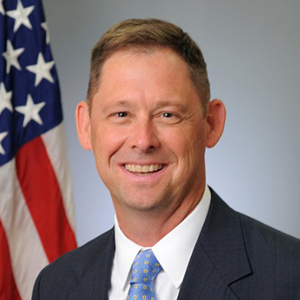
Colin Jackson, PhD
Co-Chair, Afghanistan War Commission and former Deputy Assistant Secretary of Defense
for Aghanistan, Pakistan and Central Asia

Ambassador Ali Jalali
Professor, Near East South Asia Center for Strategic Studies (NESA) and former Afghani
Ambassador to Germany

Ambassador Said Tayeb Jawad
former Afghanistan Ambassador to the United States and United Kingdom
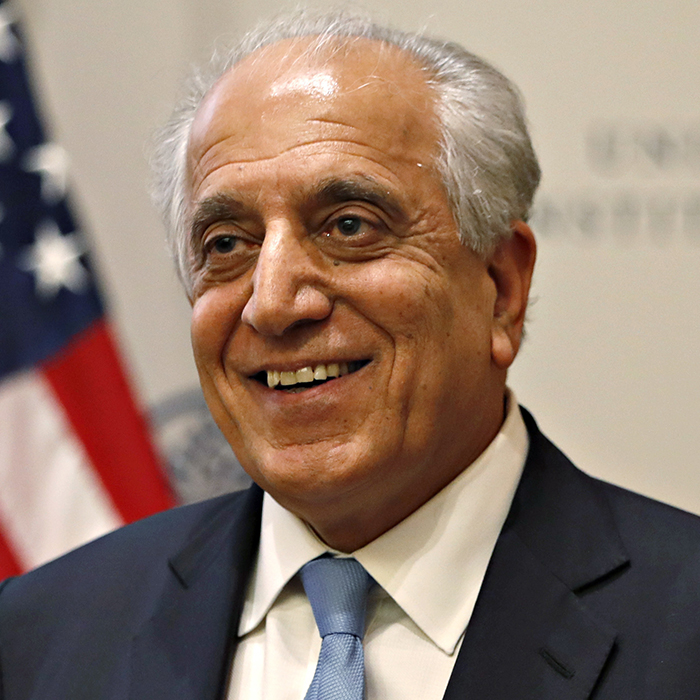
Ambassador (Ret) Zalmay Khalilizad
Former United States Ambassador to the United Nations, Iraq and Afghanistan and Special
Representative for Afghanistan Reconciliation

Ambassador (Ret) Michael McKinley
Senior Counselor at the Cohen Group, former U.S. Ambassador to Afghanistan
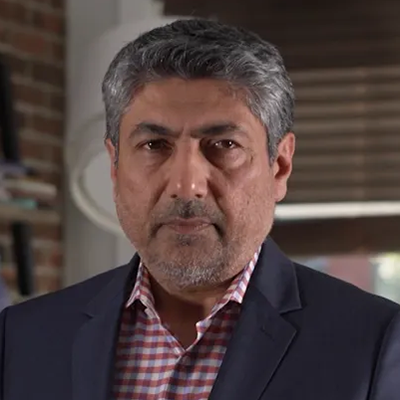
Ambassador Omar Samad
former Afghanistan Ambassador to Canada and France
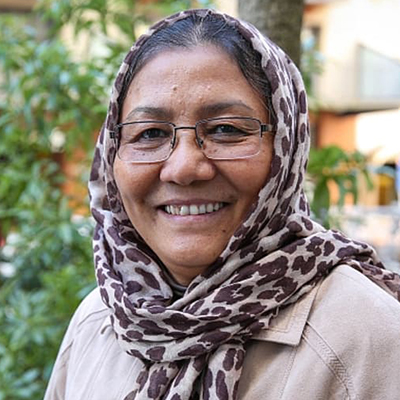
Habiba Sarabi
former Afghanistan Minister of Women Affairs
